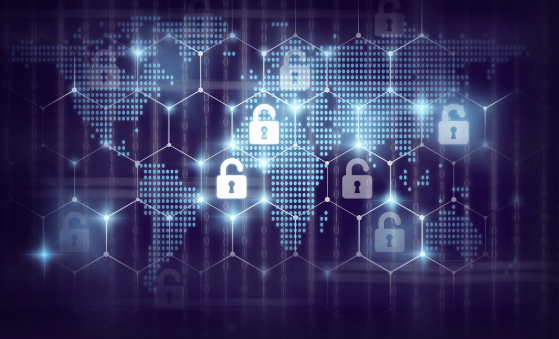Quantum Computers Threaten Security
December 7, 2018 | Expert Insights

Research has shown that quantum computers pose a security threat to even the most sophisticated encryption algorithms. Some US experts think it could take at least 20 years for quantum-proof encryption to be widely deployed.
Background
In cryptography, encryption is the process of encoding a message or information in such a way that only authorised parties can access it and those who are not authorised cannot. Encryption does not itself prevent interference but denies the intelligible content to a would-be interceptor. The world relies on encryption to protect everything from credit card transactions to databases holding health records and other sensitive information.
A quantum computer is a device that performs quantum computing, which is computing using quantum-mechanical phenomena, such as superposition and entanglement. Such a computer is different from binary digital electronic computers based on transistors; quantum computing takes advantage of the strange ability of subatomic particles to exist in more than one state at any time. Due to the way the tiniest of particles behave, operations can be done much more quickly and use less energy than classical computers. In classical computing, a bit is a single piece of information that can exist in two states: 1 or 0. Quantum computing uses quantum bits, or 'qubits' instead. These are quantum systems with two states. However, unlike a usual bit, they can store much more information than just 1 or 0, because they can exist in any superposition of these values.
Analysis
A new report from the US National Academies of Sciences, Engineering, and Medicine says that even the most secure data encryption algorithms could soon become ineffective; so preparations need to be made for the time when super-powerful quantum computers can crack conventional cryptographic defences.
The experts who produced the report, which was released on 3 December, say widespread adoption of quantum-resistant cryptography “will be a long and difficult process” that “probably cannot be completed in less than 20 years.” It’s possible that highly capable quantum machines will appear before then, and if hackers get their hands on them, the result could be a security and privacy nightmare. Today’s cyber defences rely heavily on the fact that it would take even the most powerful classical supercomputers almost unimaginable amounts of time to unravel the cryptographic algorithms that protect our data, computer networks, and other digital systems. However, computers that harness quantum bits, or qubits, promise to deliver exponential leaps in processing power that could break today’s best encryption.
The report cites an example of encryption that protects the process of swapping identical digital keys between two parties, who use them to decrypt secure messages sent to one another. A powerful quantum computer could crack RSA-1024, a popular algorithmic defence for this process, in less than a day.
Isara, a company whose work is part of a wider push in the cryptographic community to come up with new encryption methods that can’t be cracked by quantum computers. The academies’ report summarises several of these methods, and the US National Institute of Standards and Technology is working to develop standards for quantum-proof cryptographic algorithms related to them.
Counterpoint
Such machines, which would require a couple of thousand “logical” qubits, are probably at least a decade away, according to US experts. Qubits’ delicate quantum state can be disrupted by things like tiny changes in temperature or very slight vibrations, so it can require thousands of linked qubits to produce a single logical one that can be reliably used for computation.
Still, complacency would be a mistake. William Oliver, an MIT physics professor and a member of the group that produced the academies’ report, notes that governments and businesses like banks often need to keep data secure for decades. They, therefore, need to be thinking now about potential future threats to the encryption they’re using.
Scott Totzke, the CEO of Isara, a startup that’s developing quantum-proof cryptographic solutions, says it’s getting plenty of interest from automakers worried about risks to software in connected cars and other vehicles that will spend many years on roads.
Assessment
Our assessment is that the biggest challenge will be getting quantum-proof cryptographic solutions widely adopted. We believe that negotiating standards, persuading vendors to follow them, and then convincing organisations to upgrade their hardware and software could take years; destroying or re-encrypting old data could slow the process even further.
We feel that it will take at least a few decades for quantum-safe cryptography to be placed across the board.
India Watch
Against the backdrop of recent cyber attacks that affected networks across the world, Srei, a Kolkata based finance company, is currently exploring the acquisition of Russian technological solutions based on the principles of quantum physics that could be put to industrial use in the coming years. Srei is looking at a purchase of quantum communication devices designed to protect crucial information and data against the upcoming threat posed by the development of quantum computing.








Comments